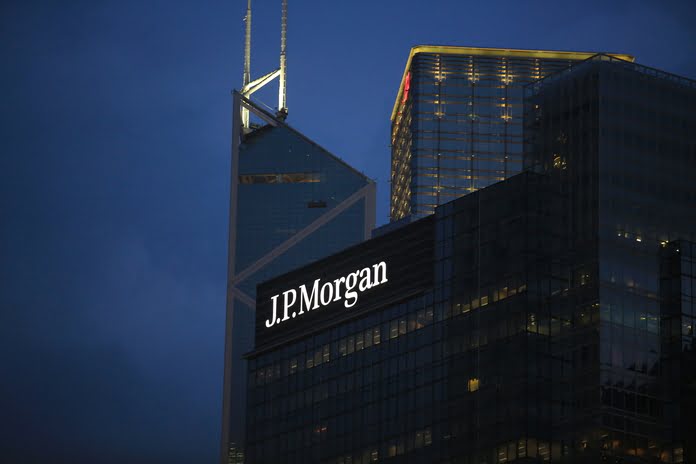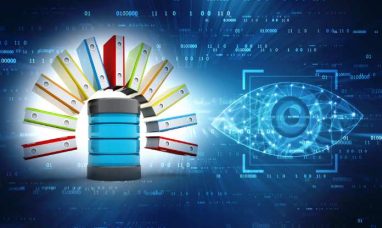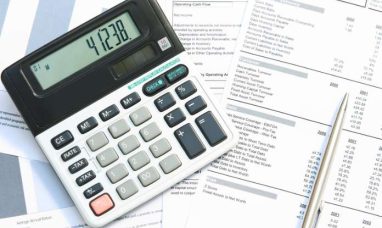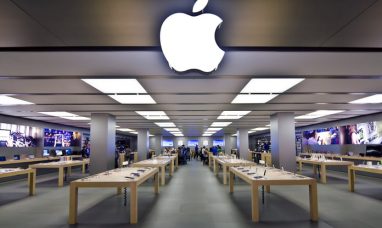In a historic futures manipulation trial on Wednesday, three former JPMorgan Chase & Co (NYSE:JPM) workers were cleared of accusations of racketeering and conspiracy. However, a Department of Justice official said that two were found guilty of lesser offenses, such as fraud.
Ex-JPMorgan Traders’ Prosecution
The Justice Department’s current prosecution of the manipulative futures trading practice known as spoofing against ex-JPMorgan traders, Michael Nowak, the bank’s former global precious metals desk head, salesperson Jeffrey Ruffo and precious metals trader Gregg Smith is thought to be their most aggressive to date.
Smith was guilty of 11 charges, while Nowak was guilty on 13 more counts, including fraud, spoofing, and attempted market manipulation. Ruffo was only accused of racketeering and conspiracy; he was found not guilty of either. All three men entered a not-guilty plea.
Advocates for financial reform applauded the convictions as proof that Wall Street leaders are subject to the law. Still, defense lawyers pointed out that it highlighted how challenging it is to prove the more ambitious allegations of racketeering and conspiracy.
Spoofing is the practice of placing orders, immediately canceling them, and then using the impression of an enormous demand or supply to deceive. Between 2008 and 2016, the three defendants allegedly manipulated futures on precious metals using this method.
Nowak’s attorney David Meister said that while they are gratified that the jury acquitted Mr. Nowak of racketeering and conspiracy, they are highly disappointed by the jury’s verdict on the whole and will proceed to seek to vindicate his rights in court.
Smith and Ruffo’s attorneys did not immediately respond to requests for comment. During the trial, defense counsel contended that Smith and Nowak’s commands were not dishonest. His attorney told the jury that Ruffo wasn’t a trader, and there was no proof that he knew other people were engaging in unethical behavior.
Both the testimony of two former JPMorgan (NYSE:JPM) metals traders who had entered guilty pleas and cooperated with the government, as well as trading data that, according to the prosecution, demonstrated that the JPMorgan ex-workers, Smith and Nowak engaged in a pattern of spoofing, were critical elements of their trial, which got underway in Chicago on July 8.
The prosecution is a part of a more significant effort by the Justice Department to combat spoofing and other forms of commodities market manipulation. After the financial crisis, Congress passed the Dodd-Frank Act, making spoofing illegal. Prosecutors have since claimed that past occurrences constituted fraud.
It is uncommon for corporate crime to be prosecuted under the racketeering statute, federal legislation created in 1970 to destroy the mafia. Because they took part in a “criminal enterprise,” it enables prosecutors to bring charges against a group of people, including those who were just incidentally linked to the alleged misconduct.
Although the law also permits prosecutors to ask for prison terms of up to 20 years, Robert Frenchman, a partner at Mukasey Frenchman LLP who was a member of the trial team in 2018 that won a complete acquittal for former UBS trader Andre Flotron, said that Wednesday’s verdict highlights how difficult it can be to prove the charge when it comes to rival traders on desks. A single count of conspiracy to commit commodities fraud was brought against Flotron.
The Frenchman said that the reality is that traders have competing interests, run their trading books, and often conduct themselves more like rivals than co-conspirators.
Featured Image: Megapixl @Lewistse















